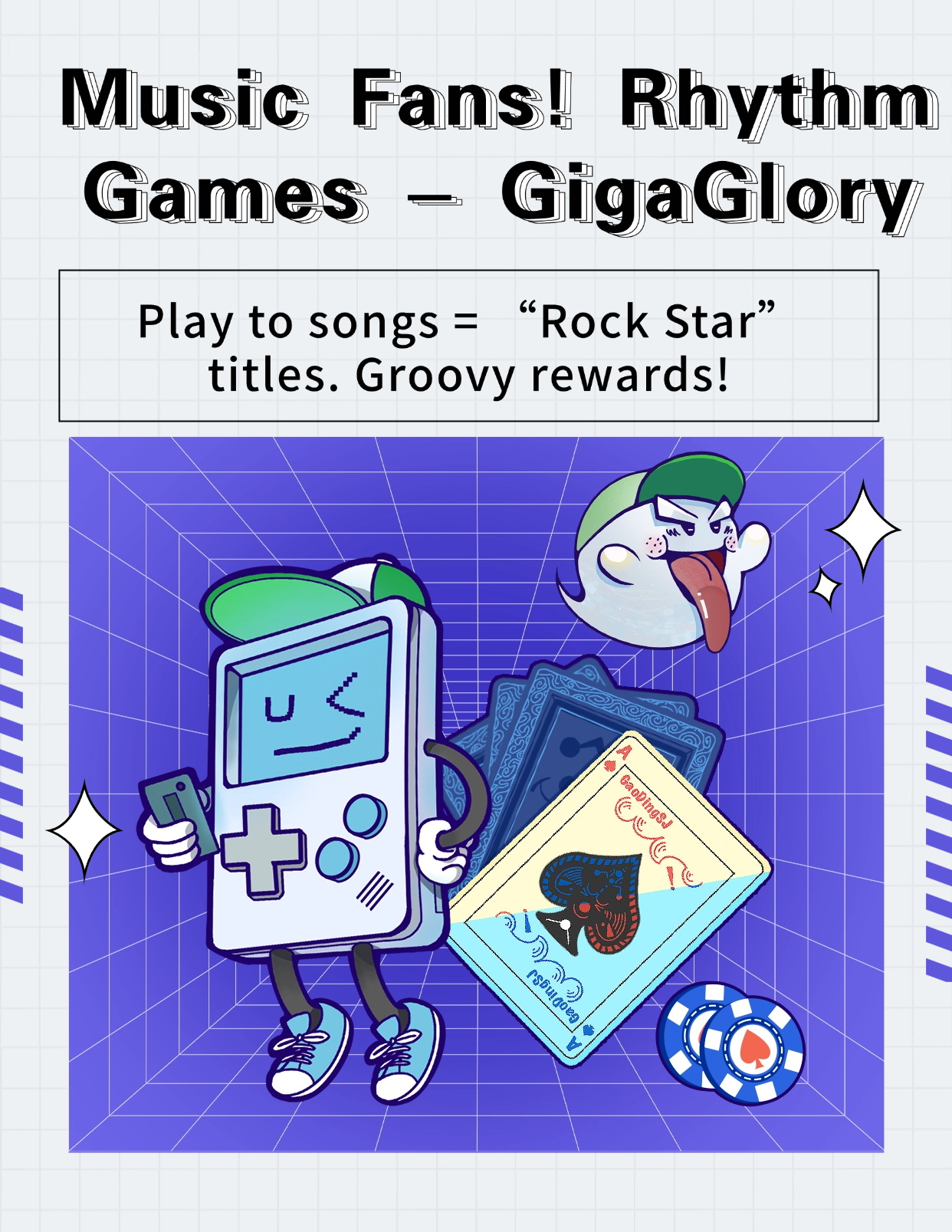How RPG Games Are Shaping the Future of City Building Games
Role-playing games (RPGs) have long been a staple in the gaming industry, captivating players with their immersive narratives and character development. However, as the lines between genres blur, RPG elements are increasingly influencing other types of games, particularly city-building games. This article explores how RPG games are reshaping the future of city-building games, taking a closer look at the implications for gameplay, design, and player engagement.
The Intersection of RPG and City Building Games
Historically, city-building games have focused on resource management, strategy, and planning. Players build and expand their cities, balance resources, and respond to various challenges. Meanwhile, RPGs prioritize storytelling, character personalization, and exploration. The fusion of these genres leads to a unique gaming experience where players not only manage cities but also develop characters and interact with the narrative in a more engaging way.
Key Features from RPGs Enhancing City Building Games
The incorporation of RPG features into city-building games is revolutionizing gameplay. Here are some pivotal elements:
- Character Development: Players now create avatars that grow and excel within the city environment. They can hone skills and gain bonuses that improve city management.
- Story-Driven Quests: Players embark on quests that uncover the lore of the city, providing depth and context to their decisions.
- Exploration of New Areas: Unlike traditional city builders, players can explore surrounding areas, finding resources, and encountering challenges that impact their cities.
- Dynamic Events: Events change the game's landscape, requiring players to adapt their strategies.
- Community Engagement: Players can form alliances, trade resources, or compete in city competitions, enhancing the social aspect of gameplay.
Examples of City Building Games with RPG Elements
Several games have successfully combined RPG mechanics with city-building elements, offering unique experiences for players. Some notable examples include:
| Game Title | Key RPG Features | Platform |
|---|---|---|
| Clash of Clans | Character troops with upgradeable skills | iOS/Android |
| Final Fantasy XV: Pocket Edition | Exploration with city-building aspects | iOS/Android |
| Anno 2205 | Customization of workers and heroes | PC |
| Farming Simulator | Role-playing mechanics for farm management | Multiple |
The Role of Turn-Based RPGs in City Building
Turn-based RPGs are specifically influencing city-building games by adding strategic layers. Players can plan their cities' growth meticulously, considering every move before acting. This method sparks intrigue and a sense of achievement as players build their cities while developing characters that impact their city's success.
Player Engagement: How RPG Elements Keep Players Coming Back
One key advantage of merging RPG and city-building mechanics lies in player retention. Here's how:
- Incentivization: Players earn rewards through character progress, making them invested in both their cities and their avatars.
- Personalization: The ability to customize characters and cities leads to a deeper emotional investment in the game.
- Unique Challenges: Individual quests or missions can create specific challenges that players find exciting, keeping the gameplay fresh.
Future Trends: Where Are RPG City Builders Headed?
The future of city-building games combined with RPG elements seems bright. As developers continue to innovate, we can anticipate:
- Increased Cross-Platform Play: Players will enjoy seamless experiences across devices.
- Enhanced AI Interactions: More sophisticated NPCs (non-playable characters) will drive deeper narratives.
- Expanding Meta Games: Additional layers of strategy involving multiple cities or civilizations.
- Virtual Reality Integration: Bringing a more immersive experience to city planning and management.
Conclusion
As RPG games continue to shape the landscape of city building games, the blend of strategy and narrative engagement will likely draw more players into this hybrid genre. Through character development, quests, and dynamic gameplay, these games not only provide entertainment—they create a community where players can thrive. As we look ahead, the future holds a myriad of possibilities, promising a richer experience for enthusiasts of both genres.



